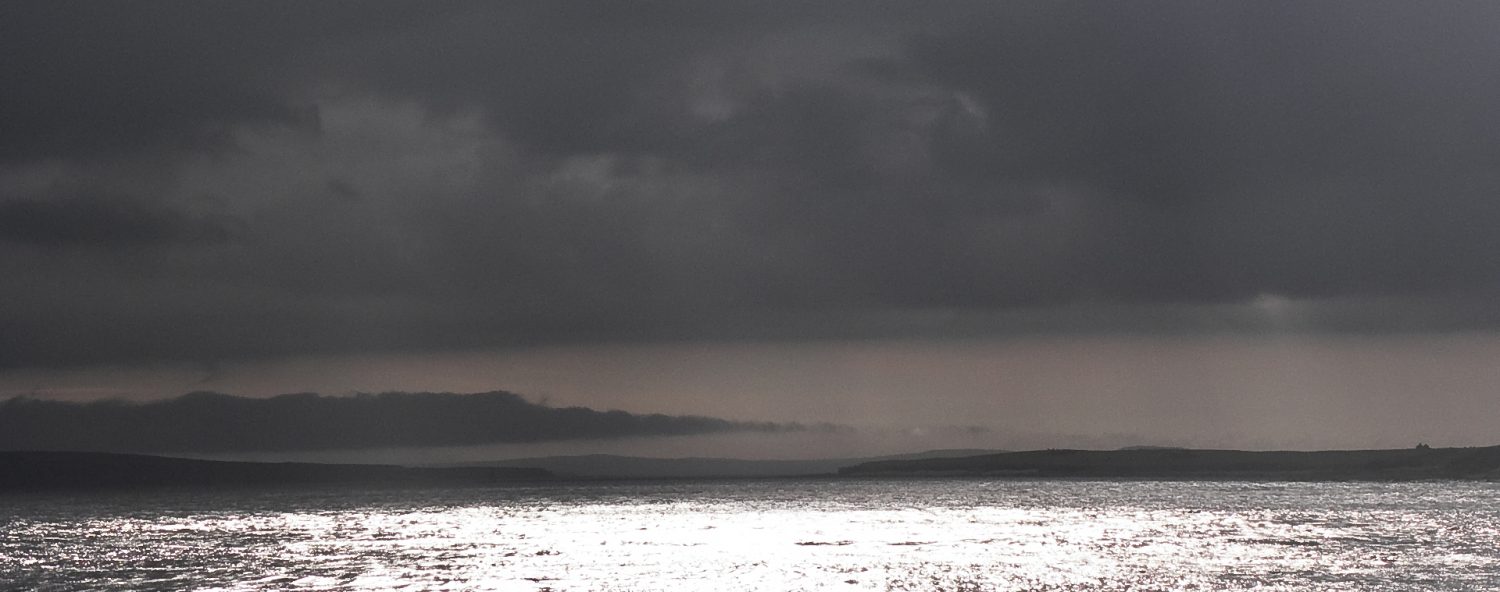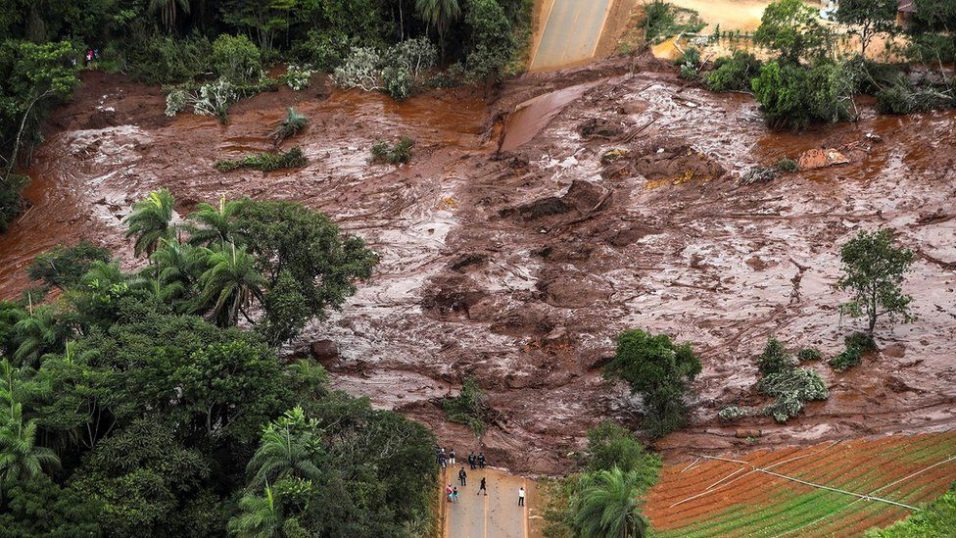April 2010, Gulf of Mexico: the British Petroleum Oil Spill oil rig explodes, spilling 60 million barrels of oil into the Caribbean Sea; 2011, Fukushima, Japan: accident at the nuclear power plant with the dispersion of radioactive substances into the environment and pollution of the groundwater; January 2019 Brumadinho dam disaster, Brazil: 12 thousand cubic meters of mud and waste materials poured into the river; 2019, Amazonia, Brazil: there are more than 72,000 arson fires; May 2020, Ambarnaya, Siberia: 20,000 tons of diesel fuel and lubricants end up in the river near Norilsk; July 2020, Mauritius: an estimate of one thousand tons of fuel is spilled into the sea from the cargo ship that ran aground on the rocks; Great Barrier Reef, Australia: a 4-degree rise in sea temperature causes 90% of corals to bleach … Above all, man-made environmental disasters, but the list is still long.
What about us?
What about all the times you said you had the answers?
Due to the rise in temperatures, permafrost is melting in all arctic regions: in some areas of Siberia the ground has collapsed, opening abyssal chasms, precisely because of the thaw.
At the end of September, an immense tragedy took place along the Kamchatka coast where thousands and thousands of marine species were beached lifeless, thrown back by a sea of dense, black and yellowish waters; scientists and authorities suspect the constant spill of fuel from some military base of the Russian army, with high concentrations of oil and phenol.
Yet, all these very serious facts, with heavy and tangible consequences such as to irremediably compromise the Earth’s ecosystem, vanish from our collective memory as quickly as they struck us when we learned them from the news or the radio.
On the other hand, the media bombardment in regards to the pandemic, penetrates our subconscious with the subtle energy of uncertainty about our future, even if the numbers of infected and deceased are negligible, when compared to the global population. And this is because the effects of the pandemic are very much present in our daily lives, they determine changes in our behavior.
Whether we like it or not, the pandemic affects our habits, creates the image that we are surrounded by a darkpresence that can take on the appearance and be embodied in anyone of our neighbors, or even of our closest family members.
Unlike natural disasters that always seem to happen in a place distant from us, the pandemic is everywhere and we have to deal with it every day, without any credible promise of a reassuring future, with the obsession of a struggle of uncertain duration, in the specter of global misery.
Yet, on closer inspection, the real danger, the greatest danger of all these disasters lies in ourselves, in our vision of the world.
With great difficulty we had just begun to become aware of the need to change our attitude towards the environment by paying greater attention to our behavior. Now this awareness has immediately vanished with the spread of the pandemic. We were determined to be convinced to at least limit the use of plastic products and to abolish their production to try to save the seas from pollution. And here, for the very reason of trying to limit the pandemic, we have multiplied its production and use with the
manufacturing and diffusion not only of health devices but also of disposable items to be eliminated promptly for health and hygiene reasons.
Today there is a lot of talk about “green issues” as the great millennial opportunity for economic revival. It is argued that the conversion of industry and production, with huge investments, into sustainable development is the winning solution for a new economy and for the protection of the environment in a new world. In reality, it is only
a superficial conversion that, as it is, is destined to produce equally dire consequences. And this is because the attitude, the mindset that guides us has never changed, it is the same one that is now embellished with a little green to wash our conscience and make more money.
What about us?
What about all the plans that ended in disaster?
What about love? What about trust?
Let’s not be fooled. Maybe governments can lead us along the path of good intentions, but all this is useless if we ourselves, first and foremost, are not personally determined to be really different. Different in everyday life, in the life of all the tiring days in which we work and struggle, when we return home tired and we don’t want any sort of hassle and rules and commitments.
Instead, we must remember to observe new habits, replace the automatism of gestures and thoughts with the concentration on what we are doing, asking ourselves at all times, whether our behavior, that particular gesture, that thought, is compatible with respect for the environment.
In other words, each one of us must not ask for anything more, nor must we allow ourselves to be relaxed in any attitude that may involve some form of pollution, because the good or service that we desire and to which we like to abandon ourselves, for example, creates and feeds on excessive energy that is incompatible with the conservation of Nature.
There are no shortcuts and this radically changed commitment to the environment is very tiring, frustrating, with results which are not immediate and are uncertain. We are walking on the edge of an abyss which becomes thinner and thinner and with no return. This is the problem. And as from now, any superfluous claim constitutes in itself an irreparable damage!
We are close to the point of no return in the Amazon, in Siberia, in the Arctic, wherever wild territories remain; but also in our latitudes, near our cities, on our mountains and in the lakes and seas where we spend our holidays.
I certainly do not speak of happy degrowth; it is a sterile oxymoron. In reality, it is the very contrast between growth and degrowth that has been superseded. This is so because both concepts are children of the same attitude, of the same mentality, the same that divided and still divides men into exploiting masters and exploited vassals.
If we really want to hope for a better future, we must totally reconsider our role in the world, starting with the scale of our values, reviewing everything which we consider of primary importance and which are our priorities, making sure that they truly are absolutely indispensable.
Excerpts from lyrics by Pink










